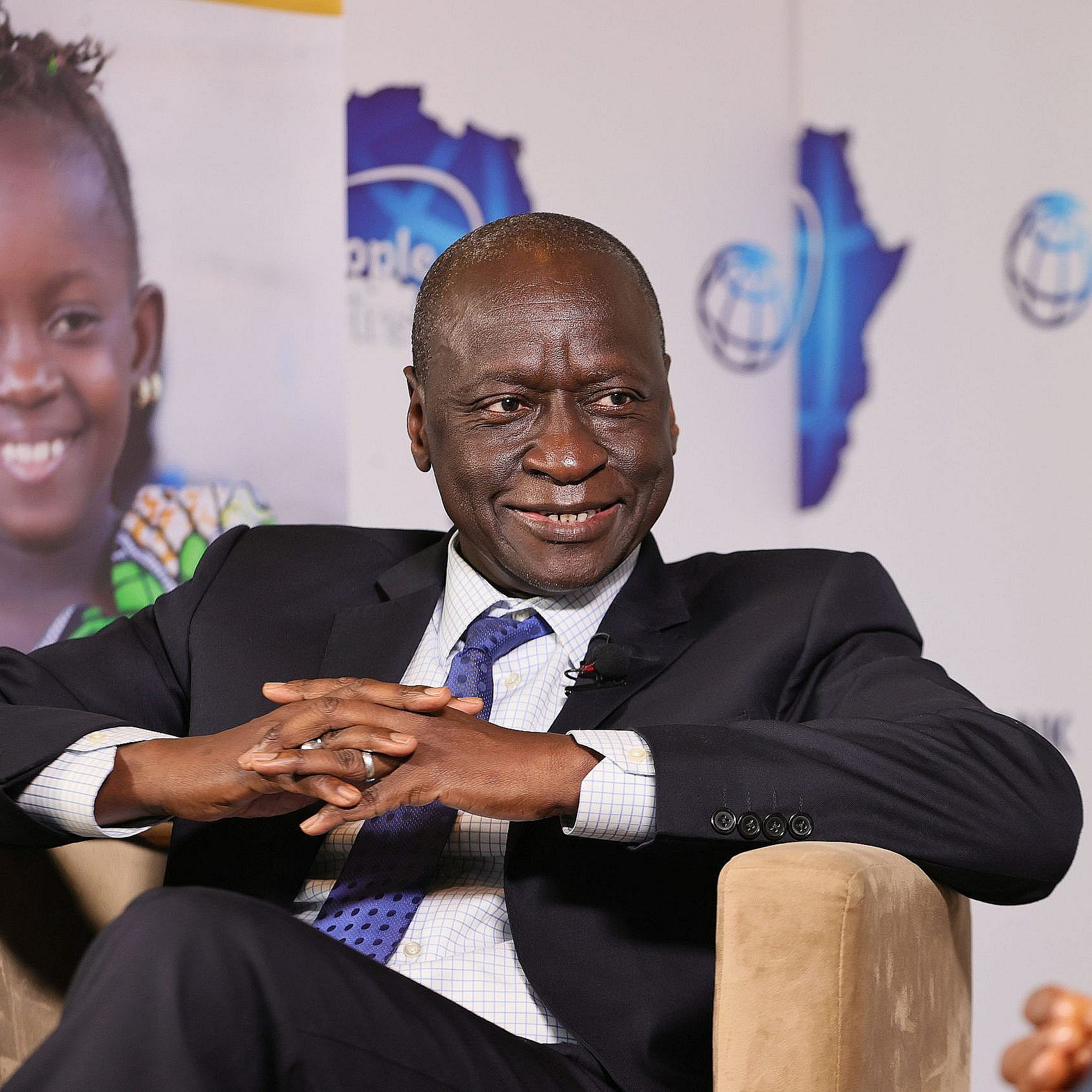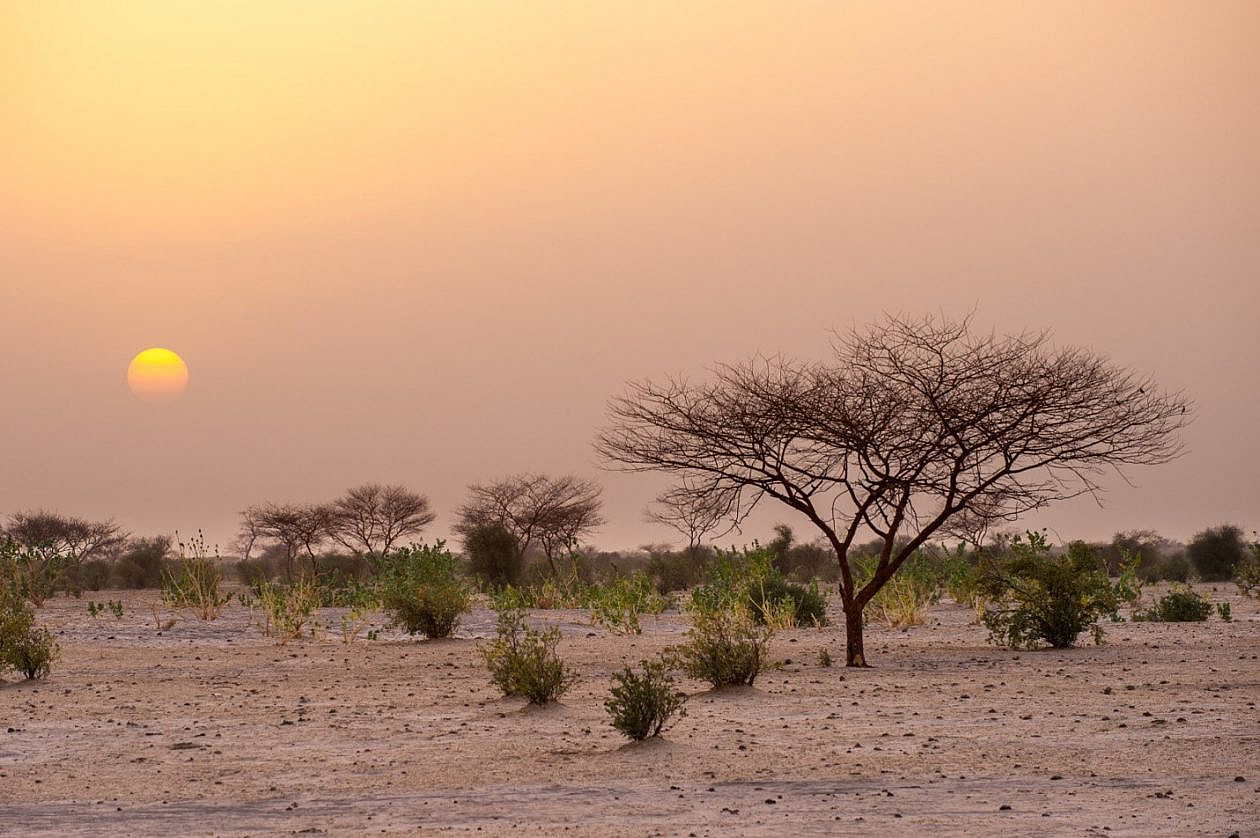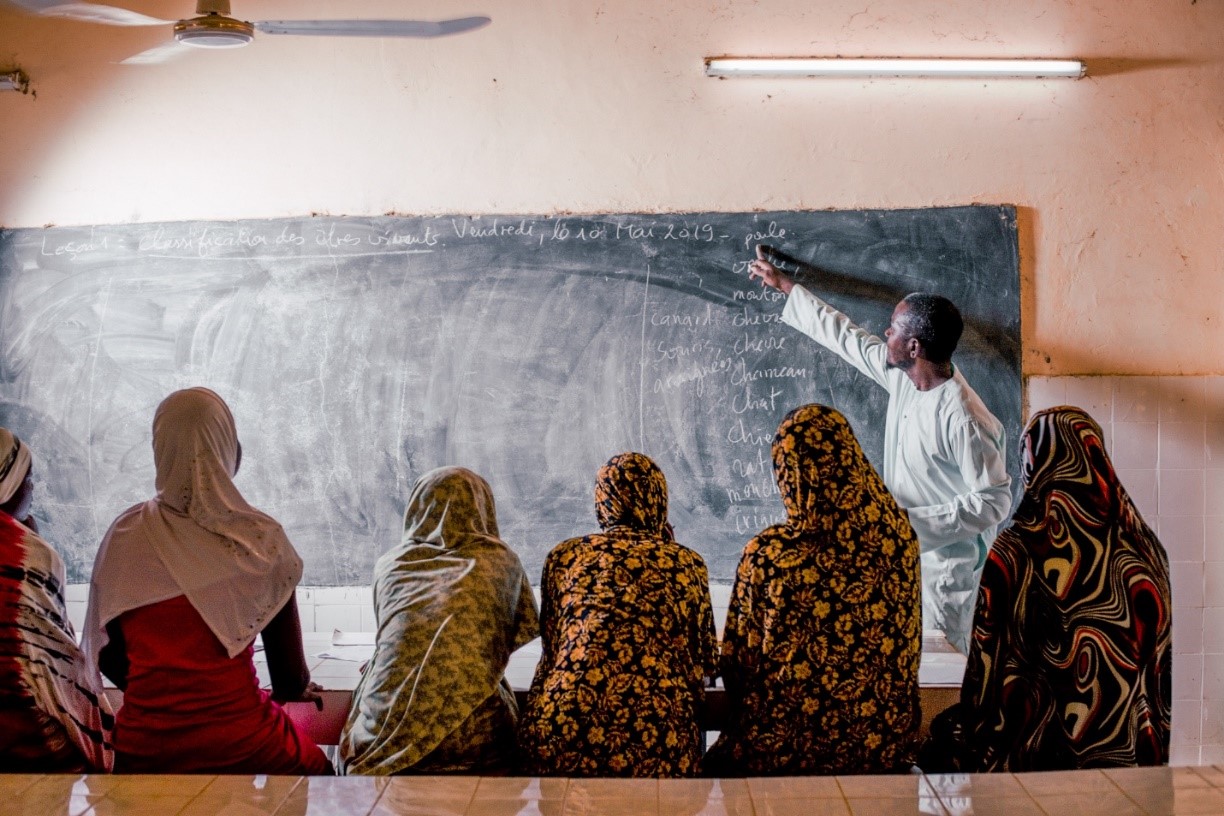Editorial – November 2022
Dear partners, dear members, ladies and gentlemen,

It is my pleasure to address you through this editorial and, for the first time, in my capacity as the new Chair of the Sahel Alliance Steering Committee.
The Sahel is at a crossroads. The structural challenges, compounded with the exogenous shocks, confronting the Sahel countries make it difficult for countries to realize people’s aspirations for a better life. However, the history of the Sahel, and the creativity of young Sahelians that we observe every day, should be a source of hope and optimism.
I want to reaffirm my commitment to work with each and every one of you as part of our Alliance in the five Sahel countries, as well as with the member institutions. The Sahel Alliance is a unique platform for exchange and debate, which should allow us to accelerate our efforts for peace, stability, and development in the Sahel region.

In this regard, I would like to focus on two of our greatest challenges: the climate and education.
The message emanating from the Conference of the Parties to the Framework Convention on Climate Change (COP27) held in Sharm el-Sheikh, Egypt, as well as from the Annual Meetings of the World Bank and the International Monetary Fund last October, is very clear. The Sahel countries must prioritize climate action, including adaptation, while accelerating their growth, thus putting the region on a path to sustainable and inclusive growth. We must all act decisively to make this message a reality.
With temperatures forecasted to rise 1.5 times higher than the global average, the Sahel countries are reaching the limits of their adaptive capacities, even though they are the world’s smallest contributors to carbon (CO2)emissions. The recent floods in Chad, Mauritania, and Niger are irrefutable proof of this.
The Country Climate and Development Report published last September by the World Bank Group for the G5 Sahel countries offers promising avenues and concrete opportunities for sustainable and inclusive development in a resilient and low-carbon Sahel.
With regard to education, the round table of the Sahel Alliance that we organized on the theme, “Education in the Sahel – Moving from Intention to Impact,” which took place as part of the Annual Meetings, provided an opportunity for the delegations to share their priorities and strategies for accelerating the achievement of country-specific education and skills goals based on the Nouakchott Declaration.

The five countries also requested our commitment to two concrete actions: the creation of the Sahel Institute of Education, as well as a major regional project to support the education system. Since education is the cornerstone of development, it must remain at the heart of our priorities and actions.
As a prelude to my mandate, as you know, I wanted to conduct a rapid independent review of the Sahel Alliance. The objective of this review is twofold: to gather information that will enable us to make our organization more effective and efficient, and to involve the countries in all our deliberations. As such, I would like to encourage you to participate in a short survey that will contribute to this exercise. The preliminary results will be presented at the next Sahel Alliance Steering Committee meeting, to be held in Brussels on Wednesday, December 7, 2022.
I would like to conclude by acknowledging the outstanding work done by my predecessor, Christoph Rauh, during his tenure.
Very best,
Ousmane Diagana
Contents of the E-Newsletter:

